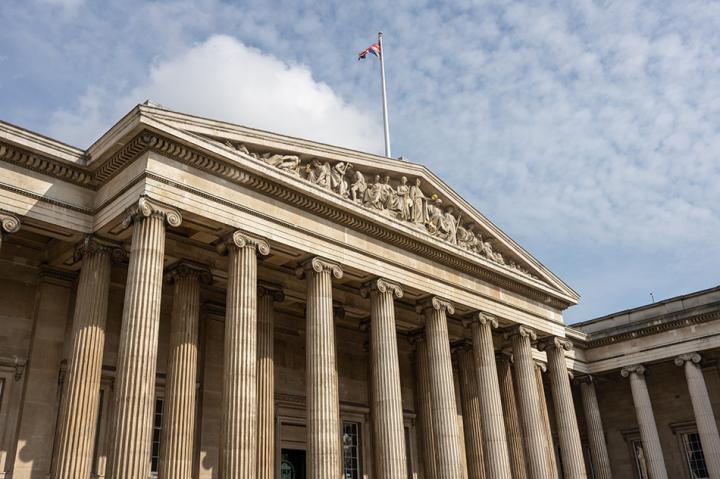A monumental gift: Charity Commission authorises donation to the British Museum worth £1 billion

The British Museum has recently been gifted the most valuable object donation in its history – a collection of Chinese ceramics worth an estimated £1 billion. The gift was made to the museum by the trustees of The Sir Percival David Foundation of Chinese Art (Foundation).
While the collection had been on loan to the museum since 2009, the transfer of ownership was not explicitly permitted by the Foundation’s governing document. As such, the donation required consent from the Charity Commission, which recently authorised the transfer.
Alison Jones, senior associate, and Anna Glover, paralegal, both in our charities team, consider what this landmark donation might mean for the sector.
The Charity Commission’s decision
The Foundation’s collection was assembled by British businessman Sir Percival David throughout the twentieth century and includes artefacts spanning hundreds of years. Sir Percival David's aim was to preserve the whole collection and display it publicly in its entirety. It was also to ensure that it should not only be admired, but used to educate the public about China’s cultural heritage – an aim that the Foundation’s trustees have continued to uphold.
In November 2024, the Foundation’s trustees announced that they were to permanently donate the collection to the British Museum. However, the donation was not explicitly allowed for under the Foundation’s governing document. It is likely that the Foundation’s governing document didn’t anticipate a world where transfer of the collection to a larger institution would better fulfil the Foundation’s charitable aims. The gift was therefore subject to regulatory authority from the Charity Commission.
In this case, the Charity Commission accepted that the transfer would ensure the safe and accessible display of the collection and was therefore fully aligned with the Foundation’s charitable objects. It also properly balanced the need to reflect changing circumstances against the importance of safeguarding assets.
The decision indicates the regulator's willingness to engage with charities seeking to modernise their operations, particularly where historic or restrictive governing documents hinder, rather than help, the charity’s mission and public benefit. The Charity Commission's pragmatic approach also recognises that public benefit is not static and may require a degree of flexibility.
What could this mean for the charity sector?
Many charities may find themselves the custodians of specialist collections, archives or heritage property. While these assets may lie at the heart of the charity's identity and purpose, they also bring a range of challenges relating to conservation, display and funding. In some cases, partnering with or transferring stewardship to larger organisations – such as museums or universities – may be the most effective way to ensure the long-term care of those assets and the provision of lasting public benefit.
The case also demonstrates that the transfer or modernisation of collection management doesn’t necessarily undermine the original founders' intentions. On the contrary, it reflects the changing demands and requirements of managing these types of collections. Notably, in the past year, the Charity Commission considered 545 applications for the transfer of money or assets, many presumably driven by a desire to adopt more modern or flexible collection management.
The case also highlights the importance of revisiting your charity’s governing document to ensure it remains fit for purpose. Where documents are outdated or restrictive, trustees should consider whether updates may be appropriate.
Finding the right support
For trustees across the sector, the Foundation's donation serves as a reminder to think creatively about how to best achieve a charity’s purpose in a modern world, balancing founder intentions (where relevant) with public benefit.
If your organisation is considering a shift in how it holds or manages its assets, or if your governing document no longer reflects the charity's needs, we would be happy to help. For support, contact Alison Jones on 0191 211 7930 or [email protected].
